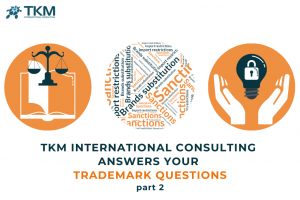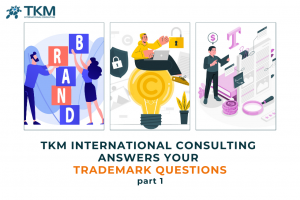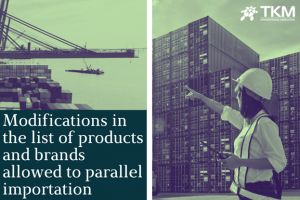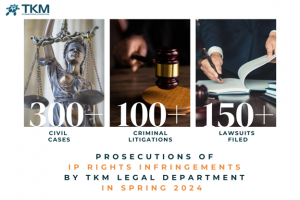The Ministry of Industry and Trade of the Russian Federation has drafted a bill according to which importers of products subject to...
When entering or returning to the Russian market, the rights holders often face difficulties regarding the appropriate way of...
July 08, 2024
An economist Mikhail Belyaev is convinced that companies that left Russia can return in case of no obstacles from the government....
July 02, 2024
For more than ten years one of the spheres of activity of TKM International Consulting has been detecting counterfeit alcohol products...
July 01, 2024
In which cases I can lose my exclusive rights to a trademark within the 10 years while its registration is valid?
► Continuous non-use...
June 26, 2024
I want my trademark to be registered with Rospatent. How long will the protection of my trademark last?
The exclusive right to a...
June 21, 2024
The American Coca-Cola Company, which left the Russian market in 2022, has filed applications to Rospatent for renewal of registration...
June 18, 2024
The Russian government has decided to prolong the parallel imports for 2025, as the First Deputy Prime Minister Denis Manturov...
June 13, 2024
TKM International Consulting presents the statistics of our Legal Department activity against the IP rights violations!
Period: March...
June 11, 2024
Pages








